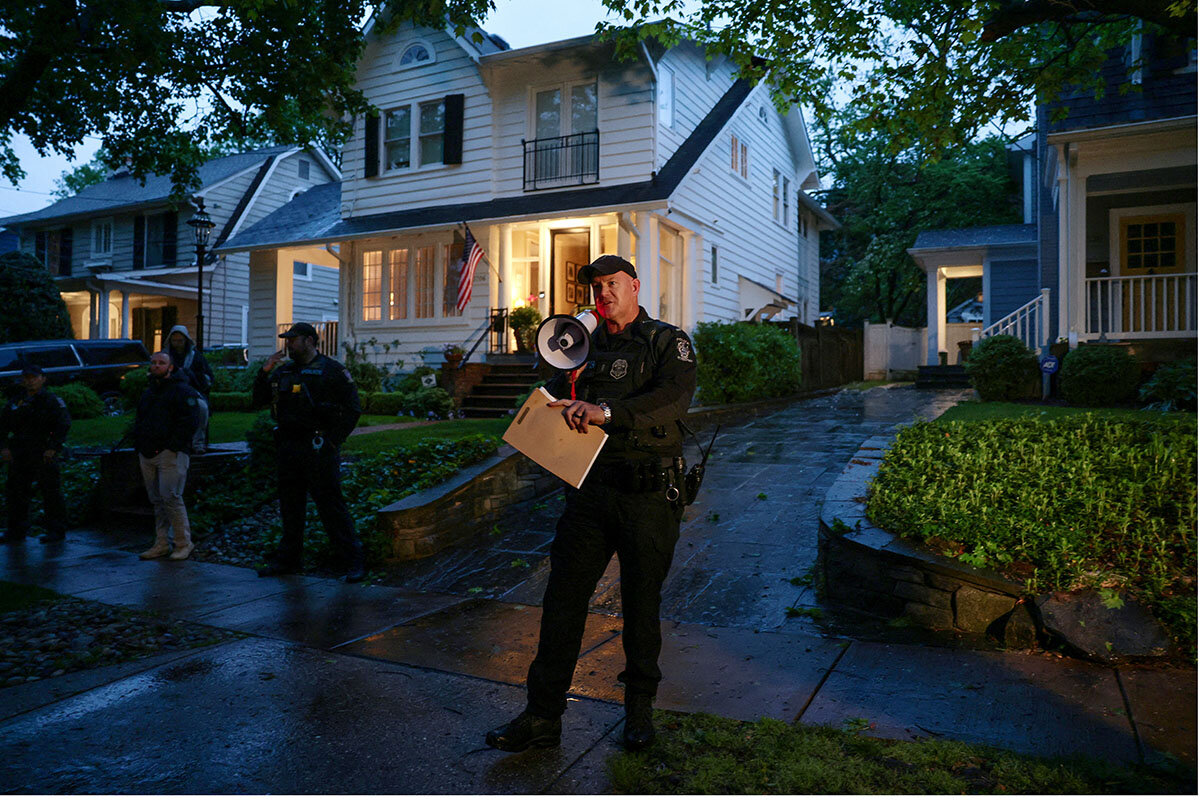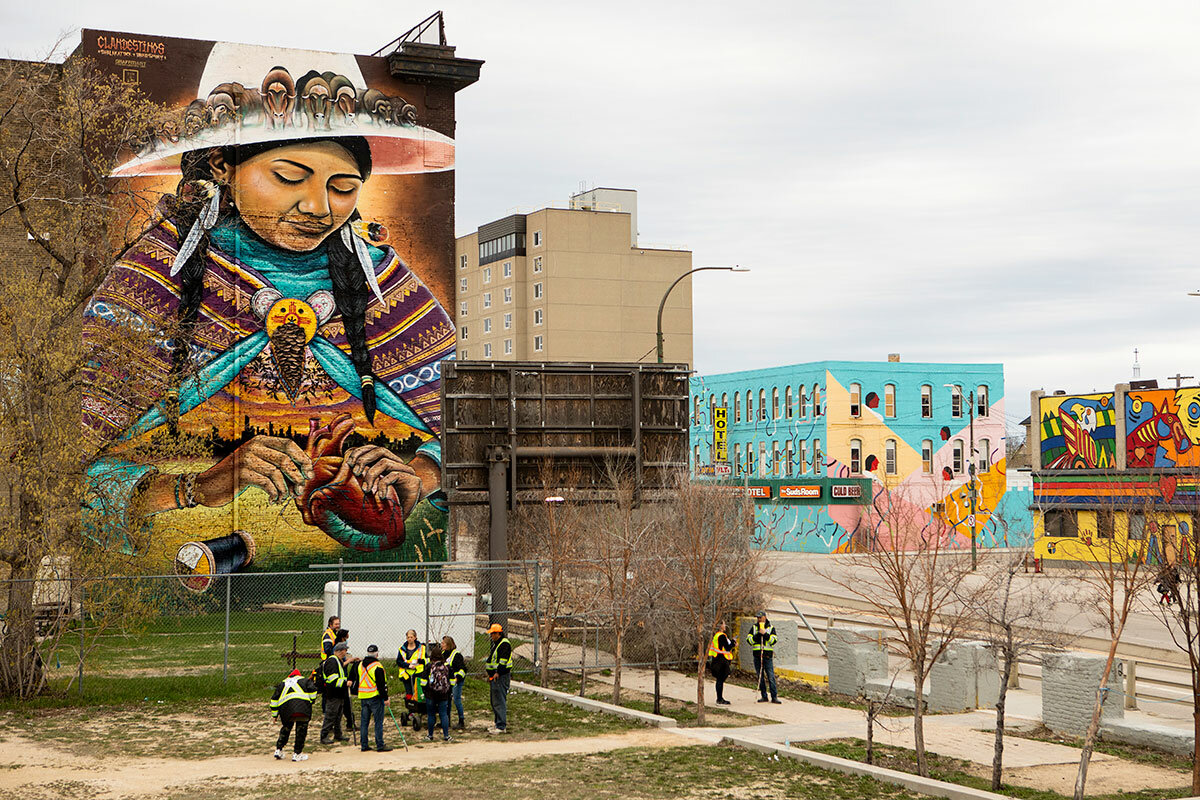The congressional Jan. 6 commission will begin laying out its findings tonight. But the nature of the probe – and politics in general – raises the question: Who is it for?
Monitor Daily Podcast
- Follow us:
- Apple Podcasts
- Spotify
- RSS Feed
- Download
 Mark Sappenfield
Mark Sappenfield
“Hate destroys a man’s sense of values and his objectivity.”
I have thought of this statement by Martin Luther King Jr. often in recent years. Many Americans are looking deeply into why the nation seems so fractured. This week, with the news of the assassination of a former judge in Wisconsin and an apparent attempt to kill Supreme Court Justice Brett Kavanaugh, that question is only more urgent. What have we become? Are things spinning out of control?
There are many answers to these questions, with Story Hinckley examining the topic in today’s issue. But I see great foresight in Dr. King’s words. Nonviolent resistance was not about simply being nonviolent. It was the recognition that anger and hatred, when not mastered, beget violence. The society that thinks it can indulge one and avoid the other is fooling itself.
A bipartisan bill to protect Supreme Court justices would be a welcome sign of unity. But it would address effects, not causes. Our political discourse today is significantly driven by hatred and anger, fueled in the name of righteousness.
The principles that drove out British colonialism in India, overturned Jim Crow laws in the American South, and defeated apartheid in South Africa were based on the power of the personal struggle for truth and love. Mohandas Gandhi wrote that true change comes from the person who “always tries by close and prayerful self-inspection and self-analysis to find out whether he is himself completely free from the taint of anger, ill-will, and such other human infirmities.”
Anyone who thinks they are not a part of the solution mistakes the problem. We can protect Justice Kavanaugh and others not just by the vigilance of authorities but by examining how we’re thinking about our neighbor and the world.










